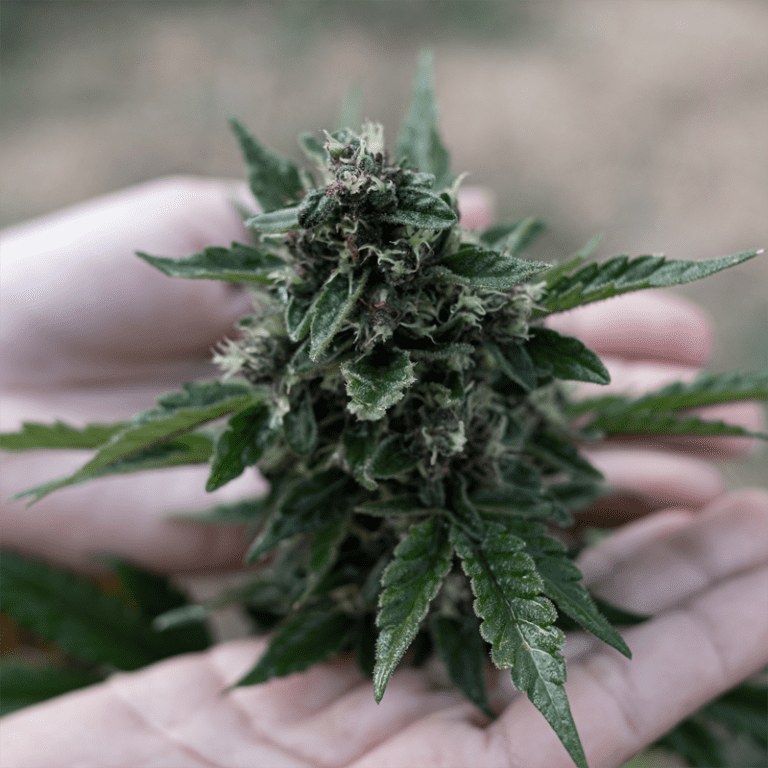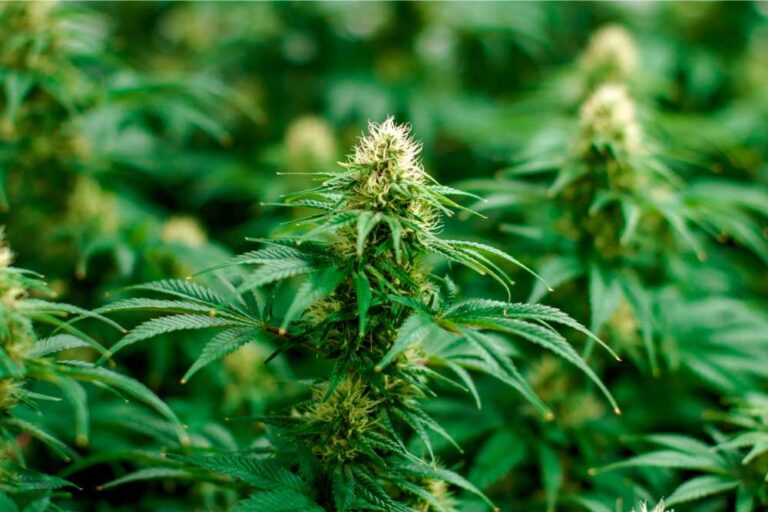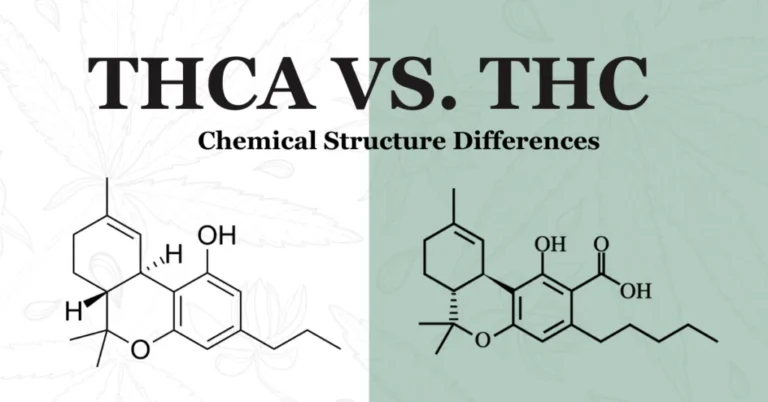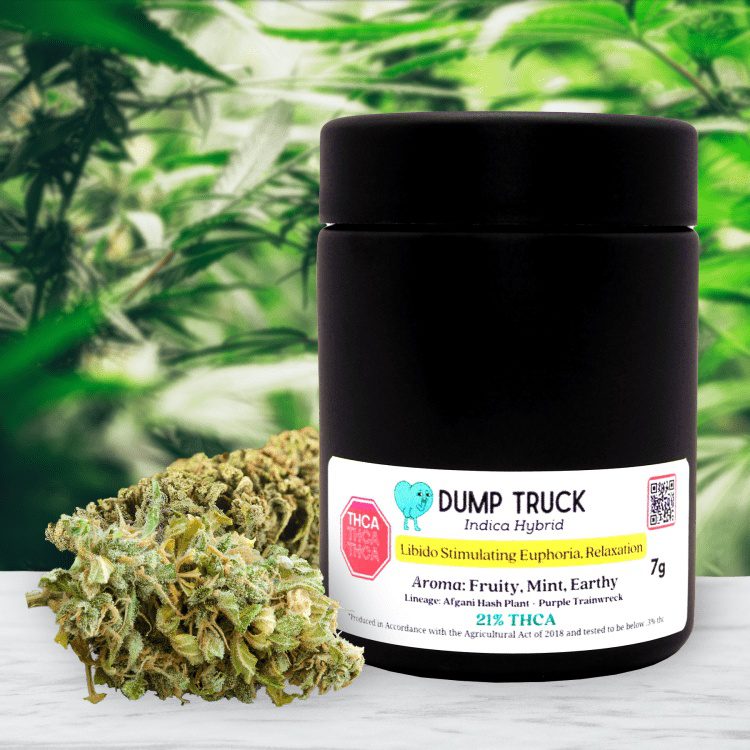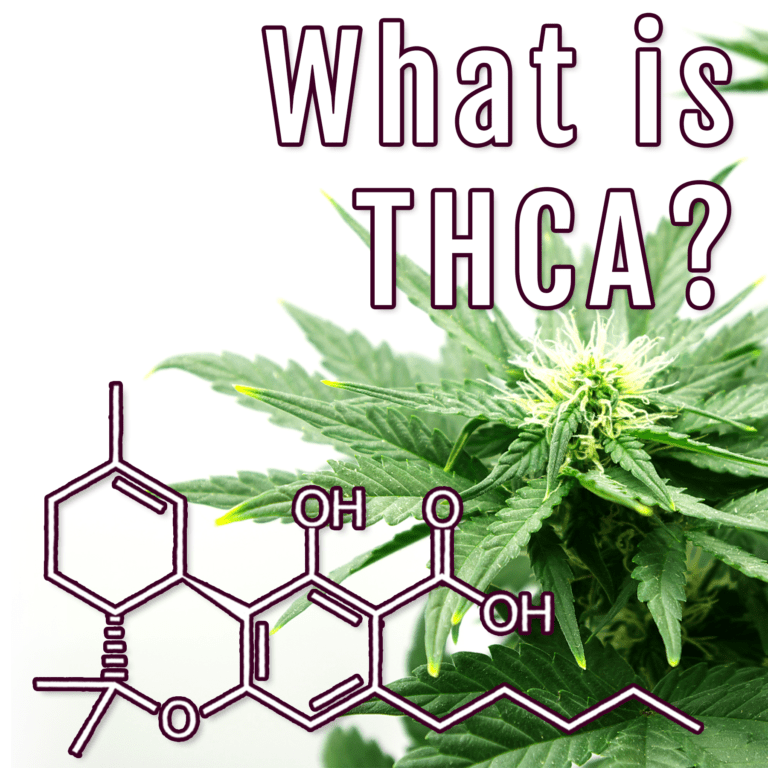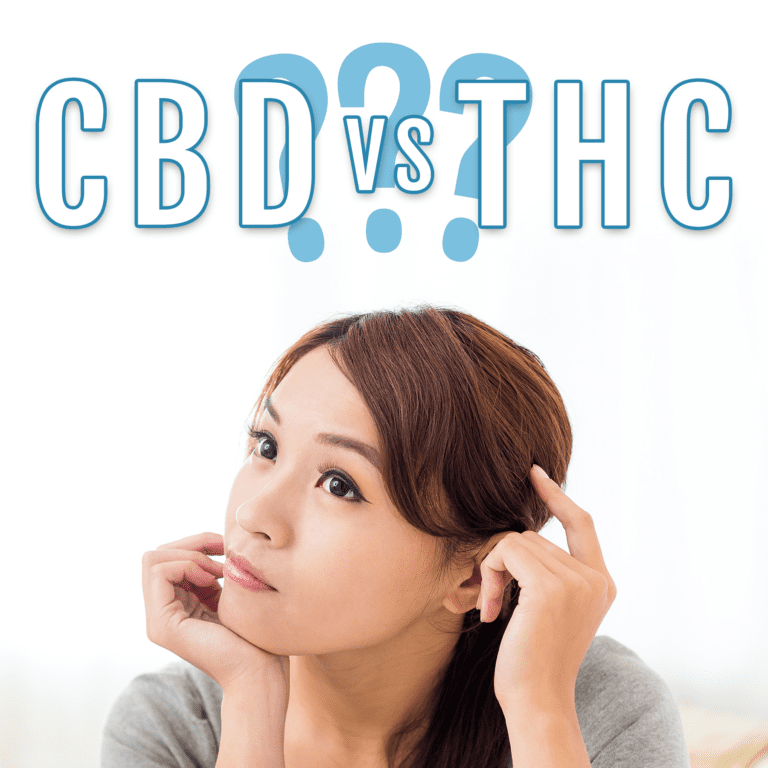Does THC-A Get You High?
As cannabis becomes more widely accepted, consumers are beginning to explore the various compounds within the plant. THC, known for its psychoactive effects, is familiar to many, but a lesser-known cannabinoid is now gaining attention—THC-A, or tetrahydrocannabinolic acid. A frequent question surrounding THC-A is whether it produces a high. In this blog, we’ll delve into the science behind THC-A and its impact on the body, helping you make well-informed decisions about this unique cannabinoid.
THC-A, the acidic precursor to THC, is found in raw cannabis. When cannabis is harvested and remains unheated, THC-A stays in its non-psychoactive form, meaning it won’t create the typical “high” associated with marijuana use. In its natural state, THC-A is abundant in fresh cannabis flowers but doesn’t produce the same mind-altering effects as THC.
The reason THC-A doesn’t produce a high lies in the process known as decarboxylation. When cannabis is heated, whether through smoking, vaporizing, or cooking, this process occurs.
It causes THC-A to lose a carboxyl group (COOH), transforming it into THC, the active compound that triggers the high. Without exposure to heat, THC-A remains unchanged and does not interact with the brain’s cannabinoid receptors in the same way that THC does, which explains why it doesn’t produce psychoactive effects.
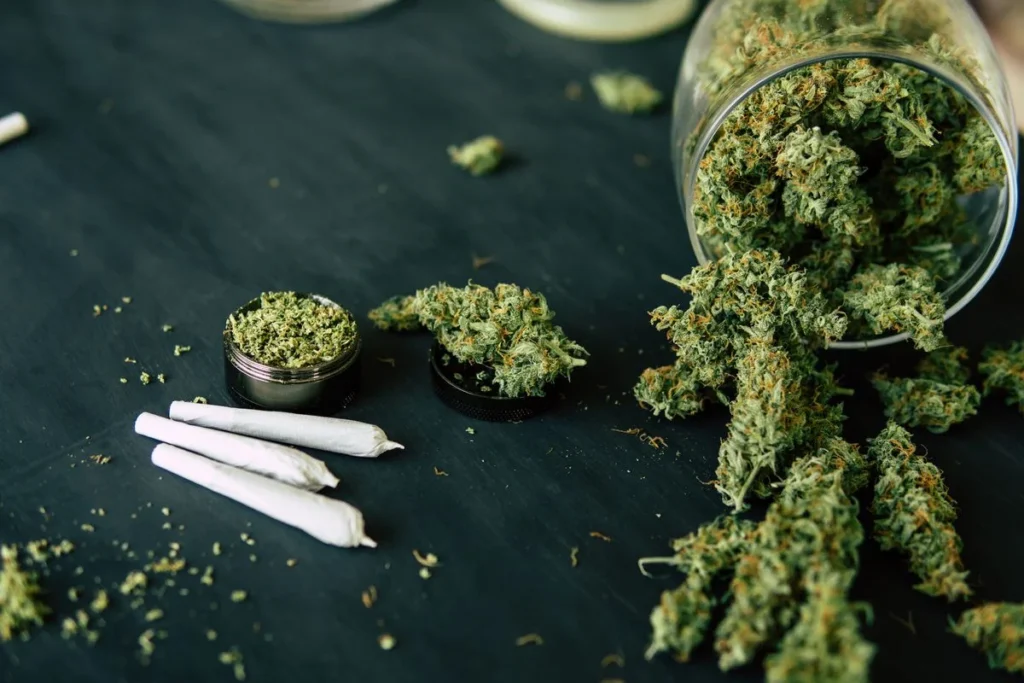
Does THC-A Have Any Effects?
THC-A doesn’t produce a high but still holds promise for various therapeutic benefits. Research indicates that THC-A may possess anti-inflammatory, neuroprotective, and anti-nausea properties, making it attractive for those seeking the health benefits of cannabis without the psychoactive experience. Some studies suggest that THC-A could be useful for conditions such as arthritis, epilepsy, and autoimmune disorders. However, more investigation is necessary to fully understand its medicinal potential.
How to Consume THC-A
To consume THC-A, the key is to avoid heating cannabis, which prevents it from converting into THC. Many people use raw cannabis in juices, smoothies, or tinctures to maintain the THC-A content. Juicing raw cannabis leaves or flowers is becoming a popular method for those looking to preserve the cannabinoid’s potential benefits. Tinctures formulated to retain THC-A are also an option for those seeking its effects without the psychoactive impact.
THC-A vs. THC: Key Differences
The most notable difference between THC-A and THC is that THC-A does not cause a high, while THC is known for its psychoactive effects. THC-A is present in raw, unheated cannabis, whereas THC is created when THC-A is heated. Both compounds offer therapeutic benefits, but THC is more widely recognized for recreational use, while THC-A is being studied for its wellness applications.
Is THC-A Legal?
The legal status of THC-A is one of its most interesting aspects. Since THC-A in its raw form does not produce psychoactive effects, it is often treated differently under the law than THC. In the U.S., hemp-derived THC-A products containing less than 0.3% THC are federally legal under the 2018 Farm Bill, though individual state laws may vary. It’s important to check local regulations before purchasing or consuming THC-A products.
Final Thoughts: Can THC-A Get You High?
No, THC-A will not get you high. Unlike THC, which directly interacts with the brain’s cannabinoid receptors to create a psychoactive effect, THC-A remains non-psychoactive unless it is heated. This makes THC-A an attractive option for those who want to explore cannabis for its potential health benefits without experiencing the mind-altering effects of THC.
For those interested in medical cannabis or wellness applications, THC-A offers a unique way to engage with cannabis. As research continues, THC-A may play an important role in the future of cannabis use, offering therapeutic benefits without the high.

